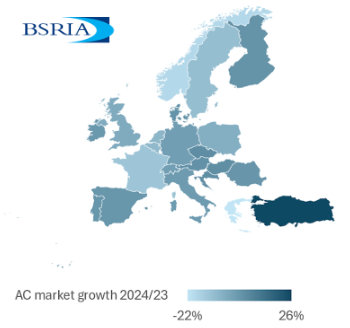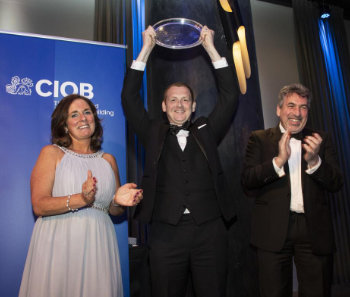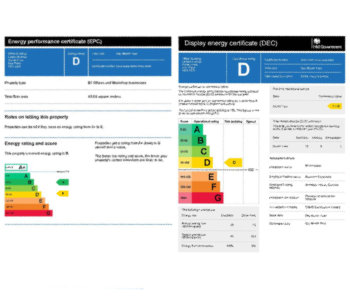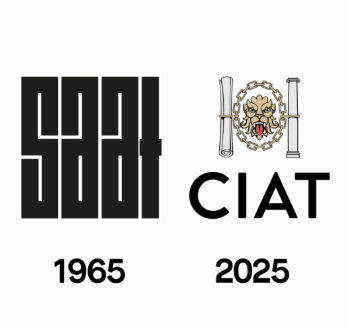Project management fees
Project management (PM) is a broad title, used for a range of roles in different professions, from software to construction. In the construction industry a project manager (PM) runs the project, ideally from inception to completion (or part thereof), often including elements of initial building use. They are typically appointed by and liaise with, the client (or project owner) to oversee, a team that designs and constructs the project, in exchange for a fee.
The fee can be considered on a
- Time related charge basis (or as a pay for work retainer fee).
- Fixed charge (or per item) basis.
- By percentage of the overall construction cost.
- Less common is a pay for access (to knowledge) consultant retainer.
The fee generally is paid, by a combination of advances, arrears or with delivery on progress, such as gateways and can include the statutory fees required for the various building permissions or not. The fees for the PM, as well as for the contractor team may also be subject to retention (or retainage in the US) which is an amount held back from the final payment (or account) until total completion.
In simple terms the PM fee level relates to the project scale and complexity, the scope, the stages of project involvement in much the same way as any building design and construction fees.
- The project scale is here most often defined by the overall construction budget (thus impacted by complexity and timeframe). This may be used to calculate the PM fee as percentage of the total agreed price (sometimes within the range 1-3 %). A fixed charge might be agreed for certain elements of work, paid in arrears when work is delivered. In smaller projects or early stages of larger projects, (where cancellation risks might be higher) fees might be charged by hours worked.
- The scope of services describes the tasks that are expected to be performed in return for the fee. This often includes managing the consultants, assessing risks, programme planning and cost control. Not to be confused with the construction activities of the project, these are described in the scope of works (or in the more detailed and prescriptive schedule of works) The fee payment may be based on complete parts of scope or for the different stages of work. One service the PM might also offer and be responsible for is that of contract administration.
- The stages of a project are effectively from its outset to occupation. The Project Management Institute (PMI) Project Management Body of Knowledge (PMBOK), The Royal Institute of British Architects (RIBA) and Designing Buildings all describe these slightly differently. Which-ever is referenced, a different fee arrangement for each stage is quite common and will likely form part of the contract.
A PM role may be divided into (or supported by) other roles: An architectural or design PM focusses on design co-ordination. A construction PM, may be appointed at construction stages to oversee site works. A Building Information Model (BIM) PM, finance PM, claims PM are other namesake roles.
In traditional contract appointments this role may have been fulfilled by a project architect or engineering team, often with sub-roles such as planning, design, technical and site architects. In design and build contracts it may be fulfilled by design consultants and the main contractor team or a mixture of the above. Novation is a process where contractual roles, responsibilities and rights might be transferred from one party to another midway through a project, for example where a design team initially works for the client and is then novated to the contractor or PM who becomes the contract administrator working directly for the client.
There are numerous different structures within which a construction project, as well as any other type of project might be managed, along with methods and strategies to schedule or manage progress. Some examples of these might include resource allocation methods such as critical path method (CPM), gantt charts, program evaluation and review techniques (PERT), lean or agile construction, just In time, line of balance (LoB) though this list is not exhaustive.
All of the above will influence the specific tasks of the PM, as well as the experience of the PM, the type of procurement route, the construction contract, the terms of appointment, the fees agreed and in the end the level of fees and how and when the fees are paid.
[edit] Related articles on Designing Buildings
Featured articles and news
Shortage of high-quality data threatening the AI boom
And other fundamental issues highlighted by the Open Data Institute.
Data centres top the list of growth opportunities
In robust, yet heterogenous world BACS market.
Increased funding for BSR announced
Within plans for next generation of new towns.
New Towns Taskforce interim policy statement
With initial reactions to the 6 month policy update.
Heritage, industry and slavery
Interpretation must tell the story accurately.
PM announces Building safety and fire move to MHCLG
Following recommendations of the Grenfell Inquiry report.
Conserving the ruins of a great Elizabethan country house.
BSRIA European air conditioning market update 2024
Highs, lows and discrepancy rates in the annual demand.
50 years celebrating the ECA Apprenticeship Awards
As SMEs say the 10 years of the Apprenticeship Levy has failed them.
Nominations sought for CIOB awards
Celebrating construction excellence in Ireland and Northern Ireland.
EPC consultation in context: NCM, SAP, SBEM and HEM
One week to respond to the consultation on reforms to the Energy Performance of Buildings framework.
CIAT Celebrates 60 years of Architectural Technology
Find out more #CIAT60 social media takeover.
The BPF urges Chancellor for additional BSR resources
To remove barriers and bottlenecks which delay projects.
Flexibility over requirements to boost apprentice numbers
English, maths and minimumun duration requirements reduced for a 10,000 gain.
A long term view on European heating markets
BSRIA HVAC 2032 Study.
Humidity resilience strategies for home design
Frequency of extreme humidity events is increasing.
National Apprenticeship Week 2025
Skills for life : 10-16 February























